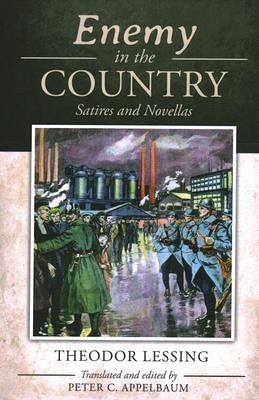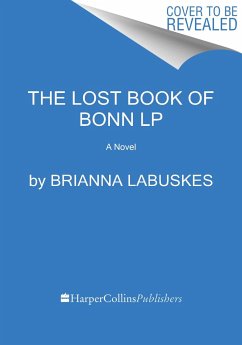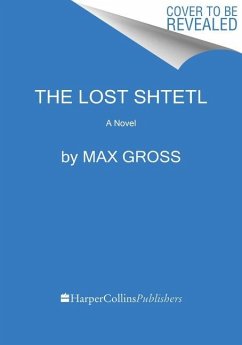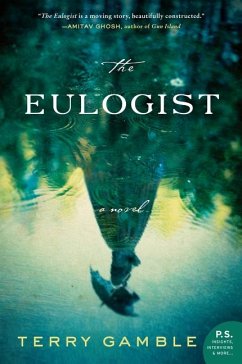
Enemy in the Country
Satires and Novellas
Kommentar: Appelbaum, Peter / Übersetzer: Appelbaum, Peter
Versandkostenfrei!
Versandfertig in über 4 Wochen
15,99 €
inkl. MwSt.

PAYBACK Punkte
8 °P sammeln!
Enemy in The Country: Satires & Novellas is the first English translation of this fictional book by Jewish philosopher Theodor Lessing (1872-1933), who was assassinated by the Nazis during their rise to power. The collection of short stories, satires, novella, and poem is unique in Lessing’s writings. Set during the 1923-1925 French occupation of the Ruhr, they are powerful warnings, 10 years before Adolf Hitler became chancellor, on the dangers of threatening a prostrate post-war Germany with reparations and occupation. The volume was translated by award-winning author and translator Peter ...
Enemy in The Country: Satires & Novellas is the first English translation of this fictional book by Jewish philosopher Theodor Lessing (1872-1933), who was assassinated by the Nazis during their rise to power. The collection of short stories, satires, novella, and poem is unique in Lessing’s writings. Set during the 1923-1925 French occupation of the Ruhr, they are powerful warnings, 10 years before Adolf Hitler became chancellor, on the dangers of threatening a prostrate post-war Germany with reparations and occupation. The volume was translated by award-winning author and translator Peter C. Appelbaum, who also translated Lessing’s famous 1930 book Jewish Self-Hate.









![The Tattooist of Auschwitz [Movie-Tie-In] Cover The Tattooist of Auschwitz [Movie-Tie-In]](https://bilder.buecher.de/produkte/69/69918/69918185n.jpg)


